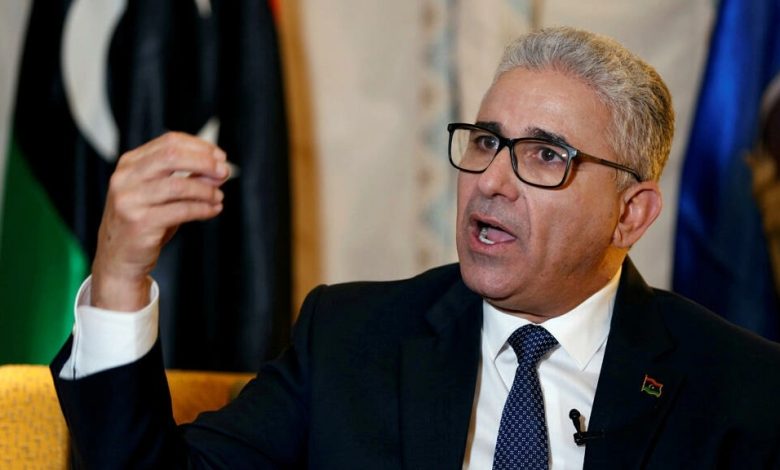Libya’s political turmoil is set to worsen after its eastern-based parliament appointed a new prime minister and the interim incumbent refused to step aside.
A spokesperson for the parliament said it had chosen the former interior minister Fathi Bashagha by acclamation after the only other candidate withdrew. However, Prime Minister Abdul Hamid Dbeibah, who heads the internationally recognised Government of National Accord, has rejected the parliament’s moves, saying he will only hand over power after a national election.
The development runs counter to UN efforts to reconcile the divided country and is likely to produce two parallel administrations.

Libya has been racked by conflict since the Nato-backed uprising toppled then killed the longtime dictator Muammar Gaddafi in 2011. The country was for years split between rival administrations in the east and west, each supported by militias and foreign governments.
Shortly before the vote in parliament, its speaker, Aguila Saleh, told lawmakers in a televised session that Bashagha had become the sole candidate for the post because the other contender, Khalid al-Baibas, had pulled out.
Libya was to hold presidential elections on 24 December, but the vote was postponed over disputes between rival factions on laws governing the elections and controversial presidential hopefuls. East-based lawmakers have argued that the mandate of Dbeibah’s government ended on that date.
On Wednesday, hundreds took to the streets in the capital, Tripoli, to protest against the parliament’s decision to name a new PM. Dbeibah warned that his dismissal would lead the country back to “division and chaos” after nearly two years of relative calm. He said that he would only relinquish his post to an elected government.
Dbeibah, a powerful businessman from Misrata, was appointed prime minister in February last year as part of the UN-brokered, western-backed political process. His government’s main task was to steer the deeply divided country towards national reconciliation and lead it through elections.
The elections were the linchpin of UN-mediated efforts to bring peace to the oil-rich north African country.
But the incumbent prime minister became a polarising figure since he announced his presidential bid, breaking his pledge not to run in elections when he was appointed as an interim prime minister.
Dbeibah said he had embarked on consultations to agree on a new roadmap to hold elections in June, when the UN mission in Libya wants to reschedule the vote.
Western governments have urged that the current government remains in place until the vote is held to avoid chaos and confusion.
During the same session, lawmakers also voted in favour of a set of constitutional amendments that put forward a new roadmap for the country’s transition to a democratically elected government. The amendments envisage the creation of a new electoral commission and the appointment of a 24-member committee, representing the country’s all three regions, to draft a new constitution.